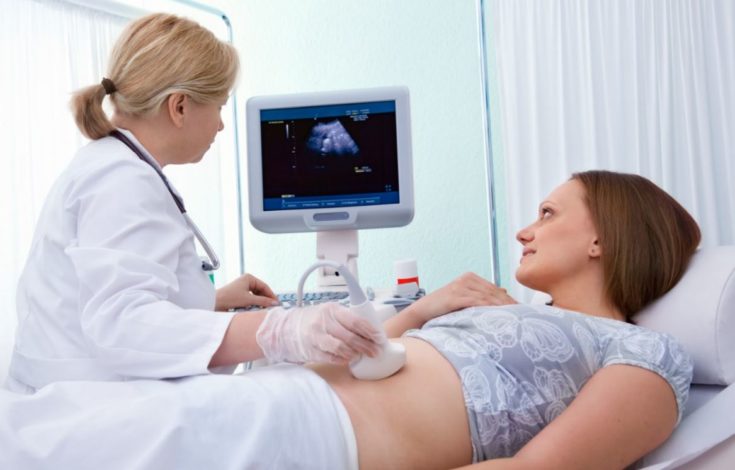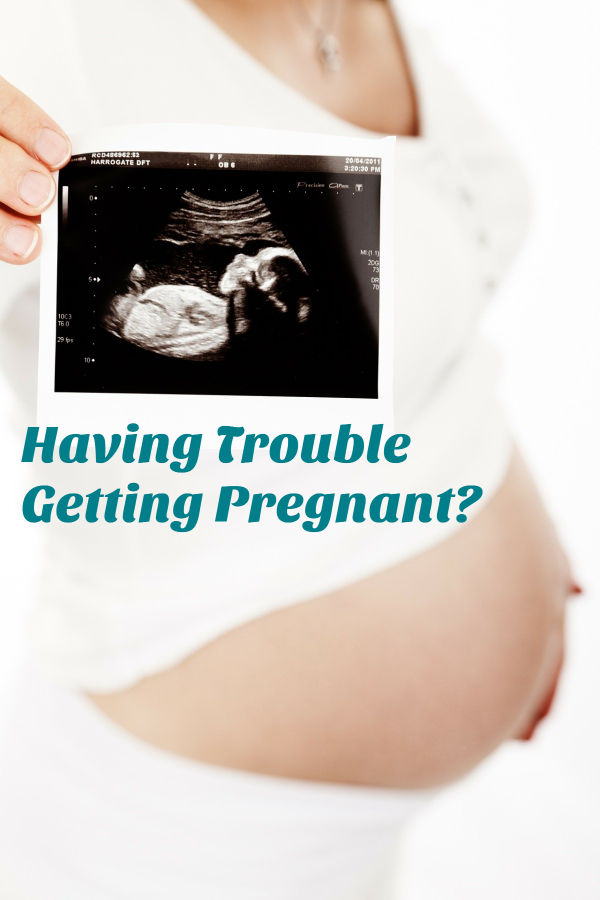Disclosure: This post may contain affiliate links, meaning we get a commission if you decide to make a purchase through our links, at no cost to you. Please read our disclosure for more info.
Many people experience an intense desire to start a family by conceiving a child. If you have been trying to conceive for a while without achieving pregnancy, or you have had one or more early miscarriages, you may feel disheartened.  These five signs suggest that it is time to try infertility treatments.
These five signs suggest that it is time to try infertility treatments.
Early Losses
If you have ovulated and achieved fertilization and implantation but then experience an early loss or miscarriage of the embryo, you may have a hormonal condition that is not allowing your body to support the pregnancy. Infertility treatments such as progesterone shots can be used to support your hormone levels. This type of care could help you to achieve a full-term pregnancy.
Hormone Disorders
Many women with polycystic ovarian syndrome, hypothyroid or ovarian insufficiency have trouble getting pregnant because of variable or inappropriate hormone levels. These chronic conditions can affect menstrual cycles and the ability to conceive. Infertility treatments can help to manage these disorders so that you can get pregnant.
Irregular Ovulation
If charting or hormonal monitoring shows that you have irregular ovulation, this is another sign that you may need infertility treatments. Health care facilities offer egg donor programs that use healthy donor eggs. These eggs can be fertilized with your partner’s sperm or donor sperm and then implanted into your uterus to result in a pregnancy.
No Ovulation
Some women have a temporary halt of their ovulation. This may happen to you because of a medication, medical condition, weight loss, weight gain, stress or pre-menopause. If you do not ovulate for several months in a row as shown by ovulation testing kits or ultrasound, infertility treatments may be considered to trigger ovulation so that you can get pregnant.
No Implantation
Some women ovulate and even achieve fertilization of the egg, but implantation does not take place. If you know you’re ovulating and likely achieving fertilization but not implantation, fertility treatments can help. Hormonal injections or medications may be offered to support the implantation of the fertilized egg. The process of getting pregnant is one of the most amazing parts of adulthood. When things do not go as you expect, arranging for infertility treatments and reproductive health care services can get to the bottom of the issue so that you can work toward conceiving. One such service is Fertility Plus and with the appropriate medical care, you may be able to become pregnant and give birth to the child you have been dreaming of.Image Source: 123RF

